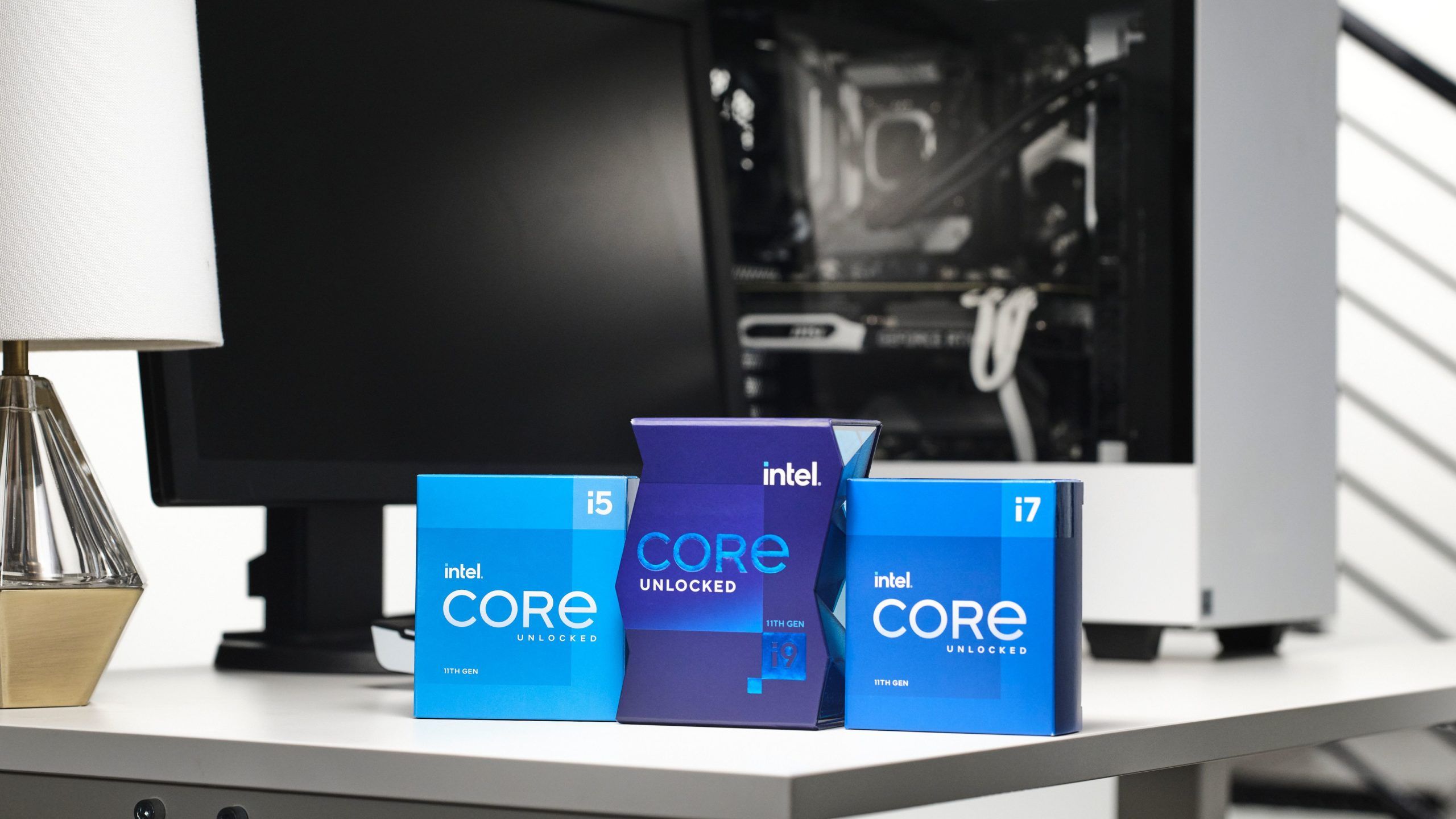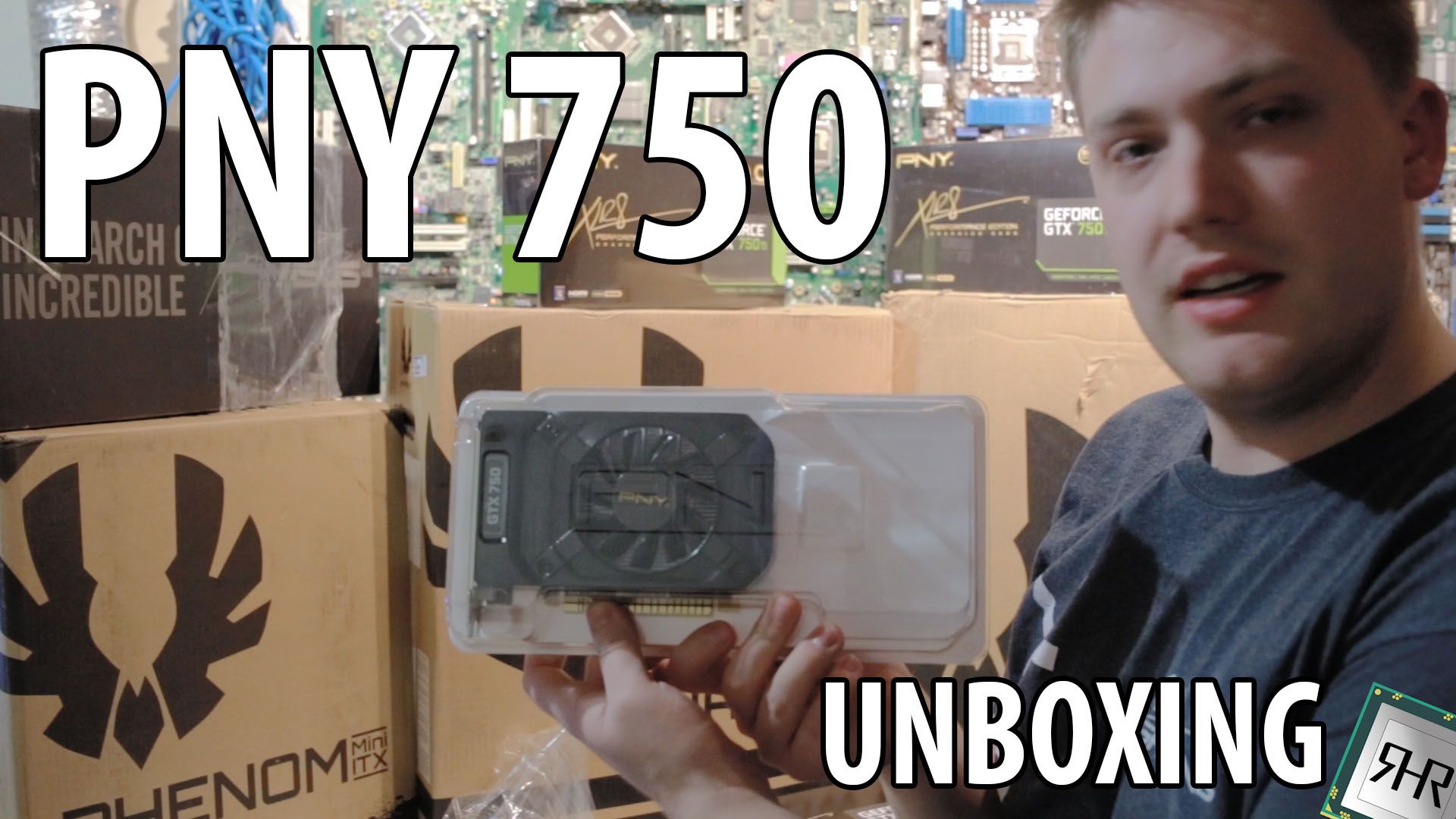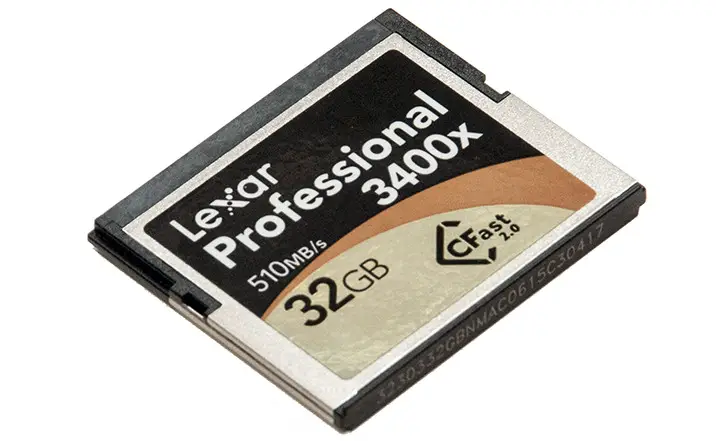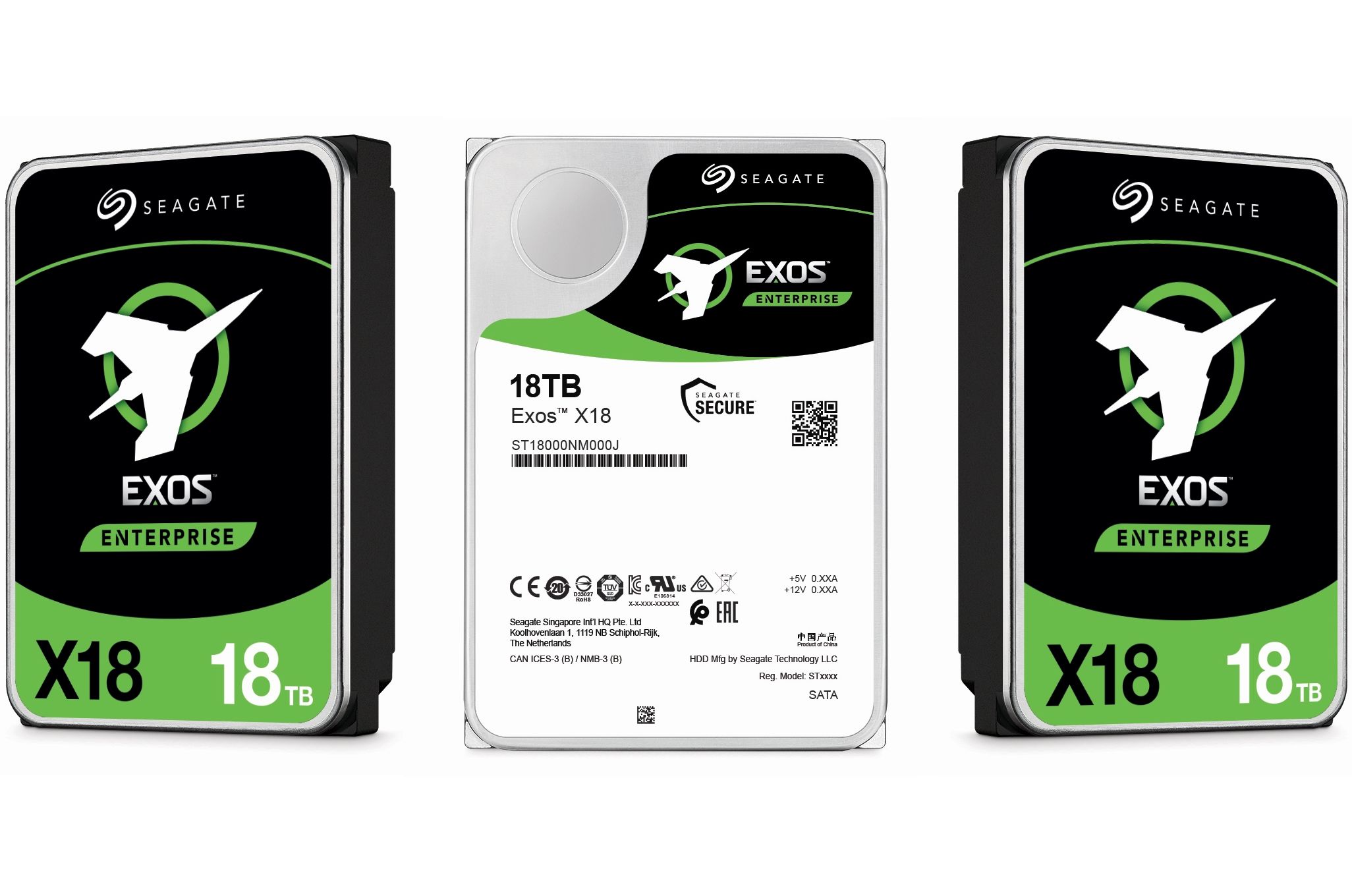Core i9-11900K Final Score: 61%
Core i5-11600K Final Score: 92%
On the surface it certainly appears that Intel can not catch a break. Due to extended issues with their 10nm node process the 11th gen had to be, at the last minute (relatively speaking), back backported to a 14nm node process. Ouch. Such last-minute changes are never a good thing™. This is a major reason why the early ‘leaks’ of super high IPC gains in one generation… are not going to materialize until Rocket Lake’s underlying architecture actually is built on a 10nm node process. Put simply it is much like the reverse of Intel’s old tick-tock cycle and the gains from a smaller node process simply cannot happen until said node shrink materializes… and water is wet and the sky (usually) appears to be (a shade of) blue.
Further “kicking Intel while they are down” is the fact that the 11th generation core i9 is an eight core and not ten core model. A non-charitable person can easily do the math of a Rocket Lake 8 core with “19 percent” IPC improvements and compare that with a 10th gen 10 core Comet Lake… and realize that they are still (at least) 6 percent short of parity in high thread count enabled programs. With Intel’s last generation. Not. AMD’s. Latest. Ryzen. 5000. Series. Mix in an increase MSRP for some of the product stack and the end result is one tough hill to climb for the 14nm based Rocket Lake series. We are pretty much willing to bet that will be good summation of the inevitable argument in the on-going Intel vs AMD marketing wars.
The reality is a lot more nuanced and once again all comes down to a difference in philosophies between AMD (more, but lower clocked, cores) and Intel (fewer, but higher clocked, cores) in their approach to consumer marketplace. Nether of which are superior or inferior for all buyers and all scenarios. Each company make separate and distinct trade-offs in order to create a CPU best suited for what they feel is most important to their end-user/buyer demographic. Simply put, both offer excellent performing CPUs and buyers really have to think long and hard about what they actually use their system for to pick one over the other. Even then novices could throw darts at a dartboard and pretty much be assured of picking a decent or better CPU for their needs. Maybe/probably not optimal but probably good enough… as fanbois on both sides of the isle are literally picking at nits to make their ‘team’ winners and the other ‘team’ losers.
That last is sure to get us hate mail, but contrary to marketing hype the typical “consumer CPU” buyer is not continuously using applications that can take full advantage of eight cores. Even 6 cores with 12 threads is pushing the boundaries of reality. Instead, buyers in this massive market slice are using low thread count programs. They are not even running enough applications concurrently to continuously saturate any modern 8 core / 16 thread processor. Outside of some games, they probably are not even seeing their existing 4-6 core Zen 1/1.5/2, Kaby/Coffee/Cannon Lake processor routinely being pegged at 100 percent utilization. Instead, CPU manufacture’s processing power has exceeded the actual needs of the average buyer for a few years now.
If that does not describe you and your typical usage pattern… then obviously the “HEDT-lite” / “mini-ThreadRipper” Ryzen 5000 or Intel’s 10th gen Core i9s may be a more optimal choice. So, while we doubt anyone in the “more cores the better” camp is going to be overly enamored with Rocket Lake, that is a small (but vocal) group to annoy vs. courting the actual average home user. Of course, Intel really… really need talk to Marty McFly and have branded this ‘i9’ as a special edition i7 (ala i7-8086K). No one made Intel release a Core i9 on day 1. They chose to do so. As it stands, it does leave a bad taste in one’s mouth to see Intel go back to their old ways of simply binning i7’s, lifting an artificial limitation… and charging a noticeable premium for the privilege of a higher numbered label on their CPU. That alone makes the i9 a non-starter for most and why, unlike the 10th gen i9, we cannot recommend it – at its existing price point. With that said. A precipitous price drop, depending on size, can easily change our opinion. It still is an excellent, and extremely fast, 8-core processor. Not some kebab full of mystery meat you purchased from a street cart at 3am after a pub crawl.
Thankfully, those i5’s and (eventual i3’s) are going to sell like (pardon the pun) hot cakes at their MSRP. They are going to sell well because they are the more sensible choice for most buyers. So save your money and wait for a ‘true’ Comet Lake i9 successor to appear (which is doubtful), a nice price drop on the i9… or grab an i7/i5 or even i3 (depending on your actual CPU horsepower needs). They too are excellent performers, but also come with a reasonable to excellent asking price.
In the end, Rocket Lake is not a slam dunk success that will bring about Intel’s return to market domination. It will not walk on water, bring peace to the middle east, or do your taxes while making you breakfast in bed. All of which Intel had to do in order to shut down the naysayers and their love of those sweet, sweet clickbait page hits that feeds their addiction to outrage. Put bluntly, Rocket Lake is a good, viable choice for the typical buyer. One that brings a lot new to the table. Enough to the table that it is once again a two-horse race for the hearts, minds, and wallets of consumers. It just is not going to be the optimal choice for all buyers. So, think about your actual system needs, your budget… and go from there. Even if you opt not to go ‘Team Blue’ for your new system, at the very least Rocket Lake should help keep AMD honest on their prices… and for that we should all thank Intel.
Core i5-11600K:

The Review
Intel Core i9-11900K
In the end, Rocket Lake is not a slam dunk success that will bring about Intel's return to market domination. Put bluntly, Rocket Lake is a good, viable choice for the typical buyer. One that brings a lot new to the table.











